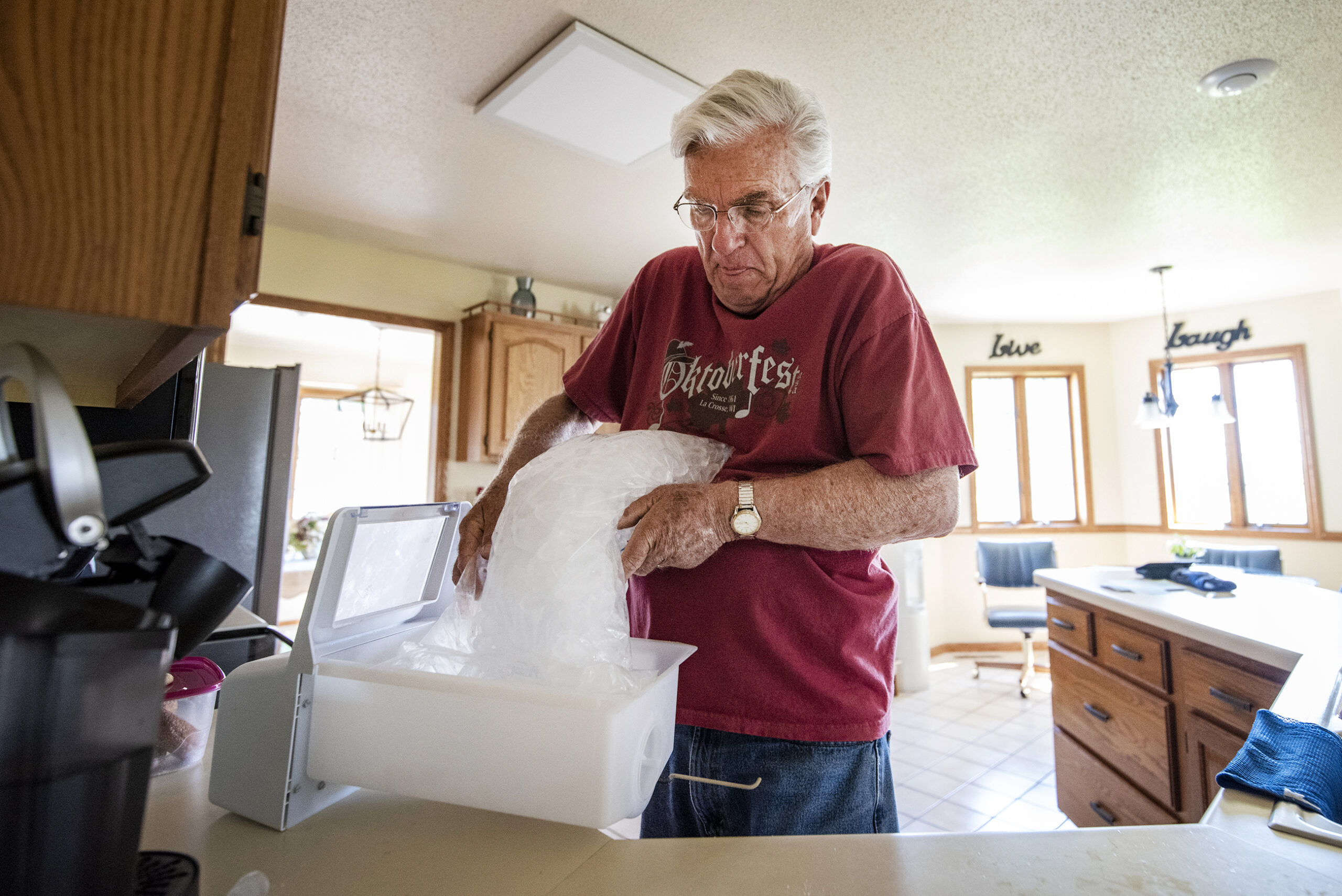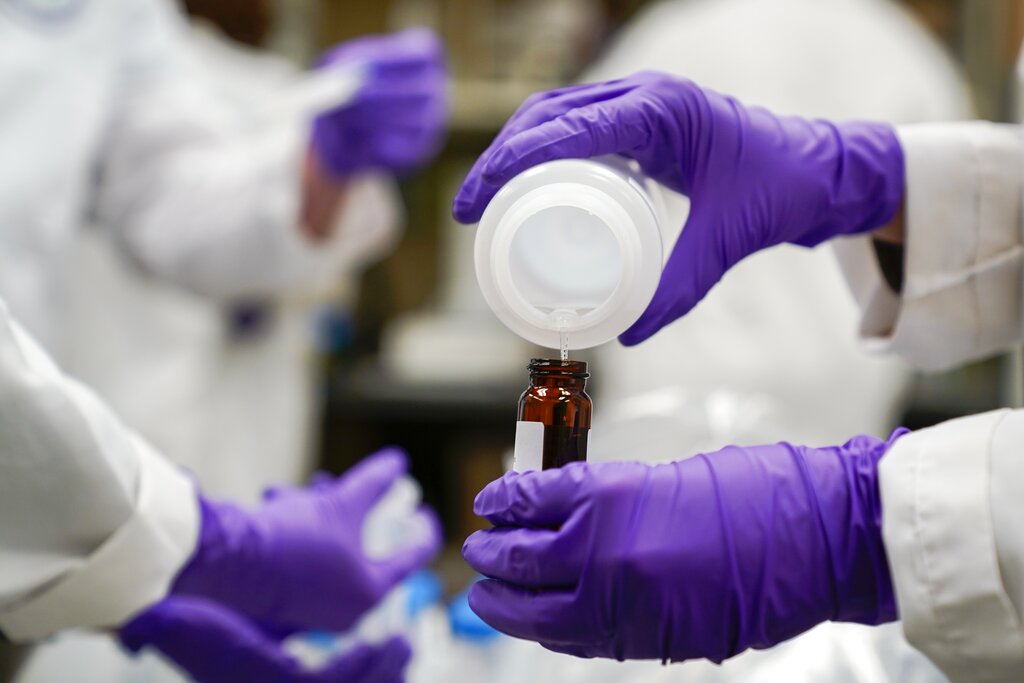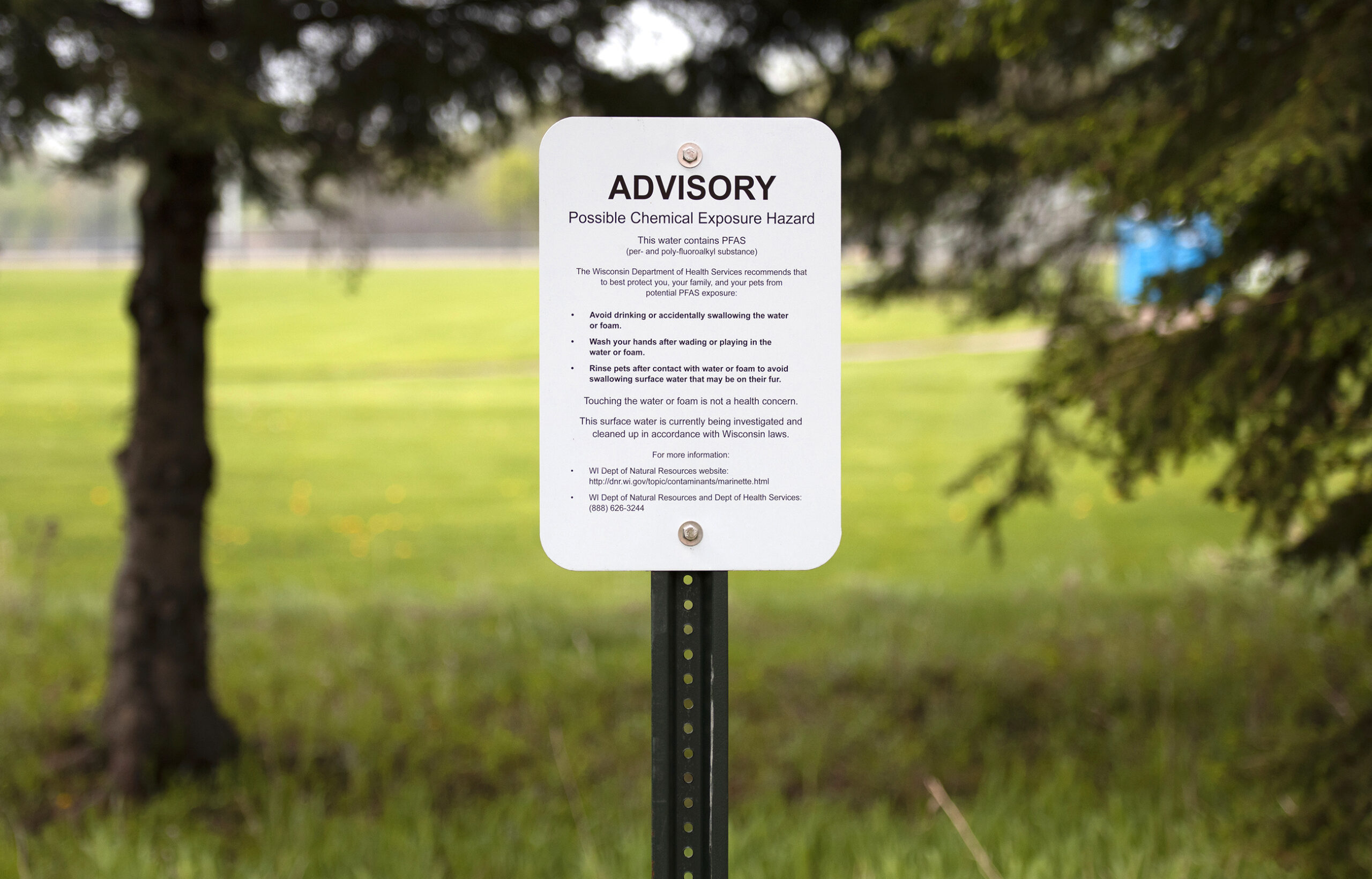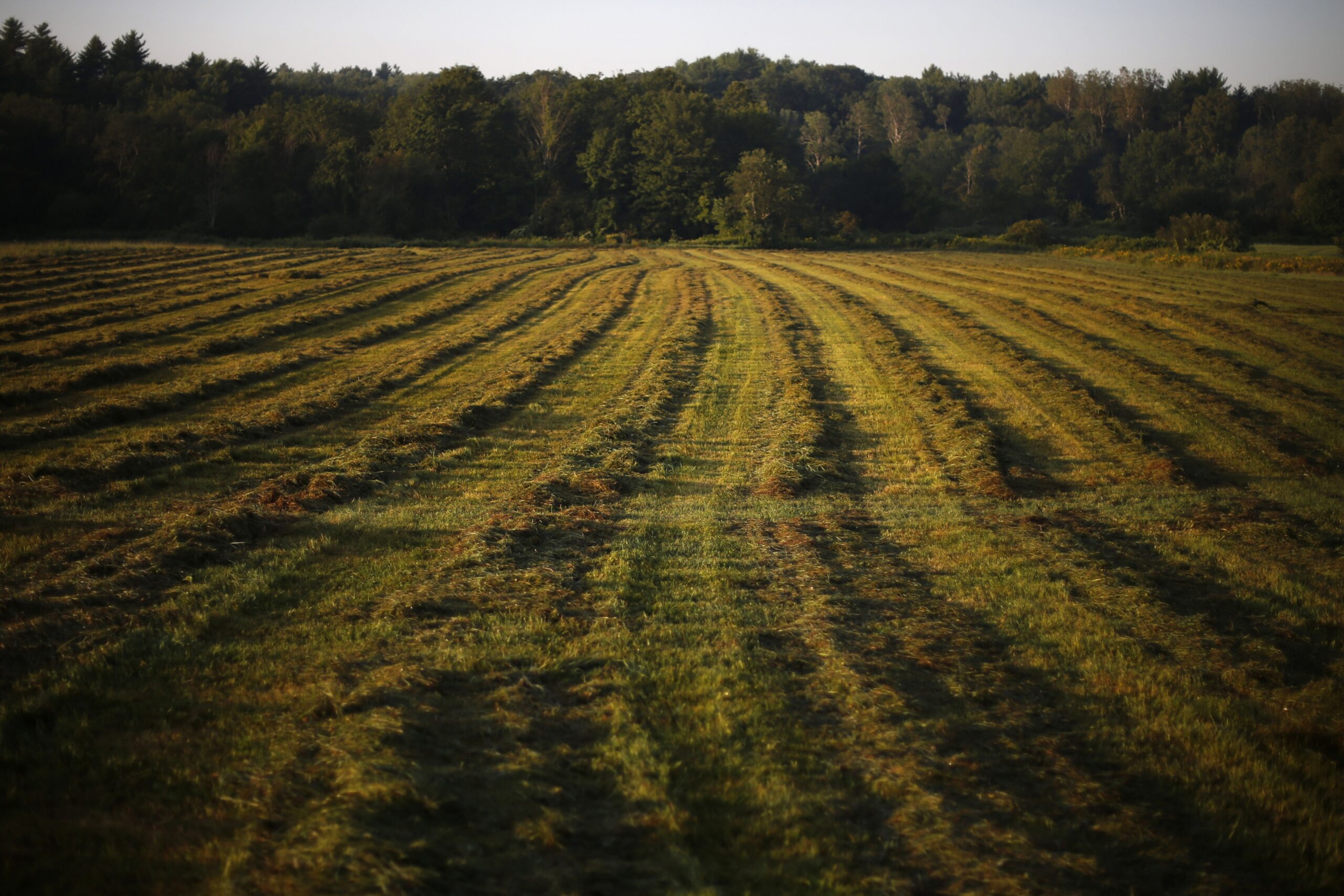The Wisconsin Legislature has passed a bill that would provide grants to local governments and landowners to address PFAS contamination, but Gov. Tony Evers has signaled it will be dead on arrival.
The Republican-controlled Assembly voted 62-35 to pass the bill along party lines. The Senate passed the legislation in November.
It sets the framework for spending $125 million that’s been set aside in a trust fund under the current state budget to address pollution from PFAS, short for per- and polyfluoroalkyl substances.
PFAS are a class of thousands of synthetic chemicals used in cookware, food wrappers and firefighting foam. They don’t break down easily in the environment. High exposure to the chemicals has been linked to kidney and testicular cancers, fertility issues and other serious health problems.
The bill’s Republican authors, including Rep. Jeff Mursau of Crivitz, say it would provide much needed relief to communities statewide. Local leaders and residents are struggling to address the chemicals in public and private wells across communities large and small. They include the cities of Marinette, Eau Claire and Wausau in addition to the towns of Campbell, Peshtigo and Stella.
The legislation would also protect landowners from paying to clean up pollution they didn’t cause. Mursau said lawmakers want to give farmers and property owners peace of mind that they won’t be held financially liable, which he said has been a major sticking point of the legislation.
“I implore our governor to please sign this and not think about what we’re taking away from somebody, but what these people in this state need to help clean up their water,” Mursau said.

News with a little more humanity
WPR’s “Wisconsin Today” newsletter keeps you connected to the state you love without feeling overwhelmed. No paywall. No agenda. No corporate filter.
GOP lawmakers, DNR at odds over ‘innocent landowners’ provision
That “innocent landowners” provision has drawn concerns from the Wisconsin Department of Natural Resources. The agency is worried about maintaining its authority under the state’s spills law. That law requires anyone who causes, possesses or controls a hazardous substance that’s been released into the environment to clean it up.
The proposal would bar the DNR from taking enforcement action against people deemed “innocent” as long as they let the agency clean up the chemicals at the state’s expense.
Democrats have made it clear that they don’t support the legislation due to its limits on the DNR’s authority. They argue the proposal protects polluters and leaves taxpayers on the hook for costs to clean up contamination.
Rep. Katrina Shankland, D-Stevens Point, said she would have loved to vote yes on the bill.
“But we’re not going to undermine a law that has worked for 45 years in protecting our water and protecting our health,” Shankland said. “And we’re not going to do it just because of a legislative agenda. That seems to me more political than it is purely in support of our constituents.”
The DNR would also need to seek permission from landowners to test their water for PFAS under the legislation.
Local government groups, including the League of Wisconsin Municipalities, Wisconsin Towns Association and Wisconsin Counties Association, are among the few that have registered support for the bill.
Environmental and conservation groups argue the GOP bill made it easier to let corporations off the hook for PFAS pollution. They argued it would force private well owners to compete with corporations for funding. Meanwhile, industry groups like Wisconsin Manufacturers and Commerce, the Wisconsin Paper Council and Midwest Food Products Association have said the bill does not go far enough. They said it fails to ensure businesses are eligible for funds if they face PFAS contamination that stemmed from other parties.

Evers lays out concerns in new exchange with GOP authors
Evers has also been sharply critical of the plan. Green Bay Republican Sens. Eric Wimberger and Rob Cowles urged the governor to pass the legislation in a recent letter, saying it doesn’t protect polluters as the DNR and Democrats fear.
However, the governor responded in a letter on Wednesday that he shares concerns over limits on the agency.
“It is unfortunate that preventing polluters from being held accountable continues to be a legislative priority rather than getting resources to impacted communities to remove PFAS and other contaminants from Wisconsinites’ wells and taps,” Evers wrote.
Evers reiterated concerns about restrictions in the bill that prevent the DNR from taking action to address PFAS contamination unless levels go beyond any state or federal standards. Limits for the chemicals are currently lacking in groundwater, which provides drinking water to around one million residents.
In December, the DNR abandoned its second attempt at proposed regulations for the chemicals in groundwater due to a 2017 law aimed at preventing excessive administrative costs.
That law, known as the REINS Act, prevents agencies from working on regulations without legislative approval if the cost to implement them goes beyond $10 million in any two-year period. An economic analysis found it would cost more than triple that threshold to place limits on the chemicals for groundwater.
Reps. Shankland and Jill Billings, D-La Crosse, tried unsuccessfully to amend the bill to exempt PFAS standards in groundwater from the REINS Act. Democrats and Republicans have introduced competing bills to allow the DNR to move forward with limits on the chemicals.
But time may have run out on those efforts. While the state Senate plans to return to the Capitol next month, Thursday was expected to be the Assembly’s final session day of the year.
In his letter, Evers also noted the bill doesn’t authorize the release of $125 million. That would still require approval from the Legislature’s budget-writing committee. During his State of the State address, Evers noted it’s been more than six months since funding was approved under the budget to address PFAS. He called on GOP lawmakers to release the funds, but they have yet to act.
Wisconsin Public Radio, © Copyright 2025, Board of Regents of the University of Wisconsin System and Wisconsin Educational Communications Board.







